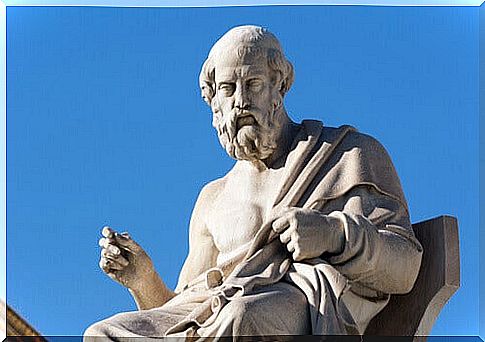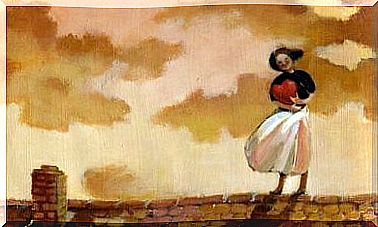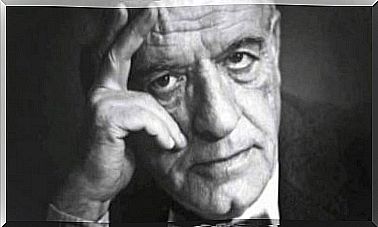The Best Things Plato Said About Understanding The World

There was a time when ancient Greece was synonymous with grandeur and wisdom. Philosophers like Plato coexisted with poets, mathematicians, astronomers and other scholars.
However, there was one thing that no one could express better than Plato during his generation. The best things this man ever said were about understanding, individualism and self-knowledge.
Some say that Plato was one of the most reactionary of his time. It may be true that Socrates’ long shadow affected his performance, but it did not bother him.
As a wise man worthy of the title , it was an honor for him to take a stand on the opinions of people who were more intelligent than him. Because of his need to write down all his ideas, we still have easy access to all his advice and lessons.
Thanks to his discoveries, this Athenian supporter of gymnastics was able to join Aristotle and Socrates, as one of the great figures in Western philosophy. Philosophy which today has become the basis for our education, politics and contemporary thinking.
Plato used an allegory that we today call “Plato’s cave parable” to describe the connection between the physical world and the world of ideas. The group of people chained inside the cave believe that this is the only reality.
When they see what is outside, the sun damages their eyes. They want to return to the dark because it is more comfortable and is what they are used to. But when they return, their perception of the world has changed.
With this story, the philosopher urges us to ask ourselves why we are chained. Are we afraid of what we will discover if we release the chains? The shadows we see from inside the cave simulate a deceptive reality and distract us from our true reality: what is happening outside.

One of Plato’s best quotes is based on the belief that the world should be ruled by philosophers. According to him, these are the wisest and most capable of controlling. Because he belonged to an aristocratic family, he was deeply anti-democratic, although he was never afraid to show his dissatisfaction with government action.
He admired many other philosophers, such as Socrates, from whom he thought he could learn a great deal. Because of him, he discovered an absolutist conception of universal truth, beyond the ideas he could have had as an individual.
It is always necessary to surround yourself with people who can teach you something, even if you do not agree with them.
Plato was a great admirer of Socrates and one of his disciples. Because of this, he was strongly influenced by Socrates’ death sentence for having propagated for alleged pagan theories. He saw it as unfair that he was executed for proposing alternative ideas.
From his mentor Plato learned that people are not evil by nature, but because of ignorance. The human being himself is the master of his actions and responsible for his decisions. Hiding in the idea of God to do unjust things is a delusion.
This statement has become one of Plato’s most famous. No human cause deserves our anxiety and stress. If we stop and think about it, we realize that we usually worry about meaningless things that have simple solutions.
In a situation where anxiety is really justified , we need to deal with it. We can not let it affect our health or make us feel even worse.

This fifth piece of advice shows us the importance of understanding and kindness. Plato’s maxim was to establish a rigorous regime that allows people to live in peace. Unfortunately, he did not succeed, but it is never too late for others to try.
Helping others benefits not only them but also us. It makes us feel useful and allows us to feel empathy for others, which gives us satisfaction.
Plato was ahead of his time. Despite all the criticism he received for his antagonistic positions, his teachings are still valid today. Our problems are very similar, and if we use his advice, perhaps we can learn to see life from a different perspective.








